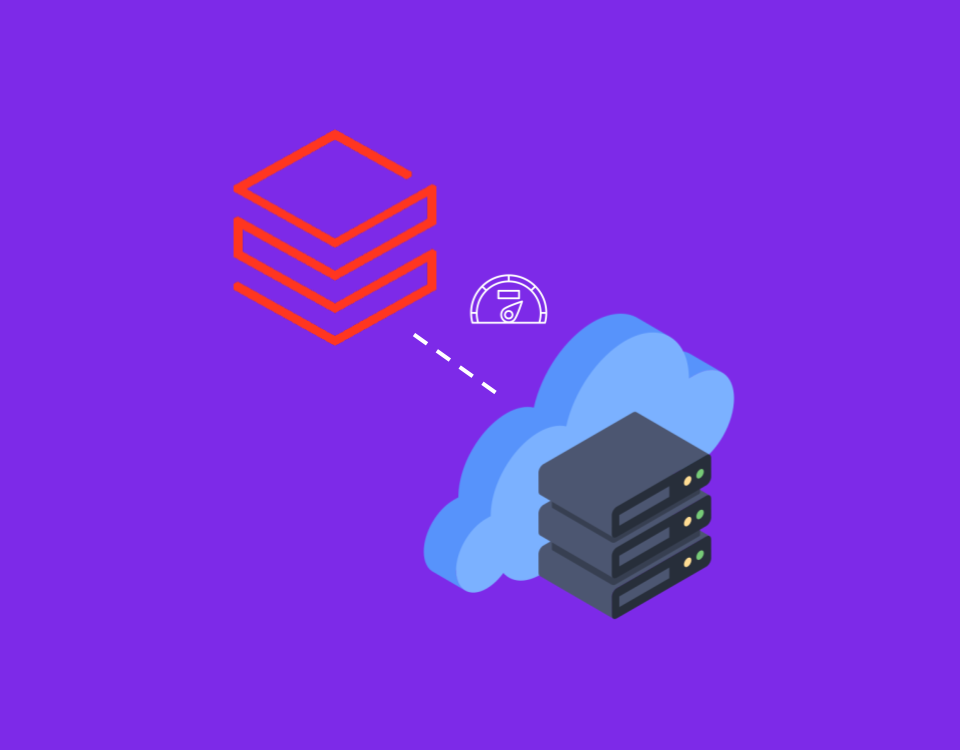As technology is evolving every day, so are the security threats. Managing the security of the system is becoming a difficult task. Many business owners still believe that cybersecurity is required by large businesses only, which is fallacious.
Cybersecurity is a need rather than a want.
Every organization should implement cybersecurity to protect their businesses from data theft and security breaches, whether small or large. It helps businesses to detect any threat or intruder before any severe damage. It proactively monitors all the vulnerabilities and fixes them.
But managing security by on-premise people can be expensive and partially secure. Businesses should switch to managed cloud security services which is an economical and more effective way. It will monitor, detects, prevents, and manages security
Here are some facts and figures related to cybersecurity
- Around 180 million customers' data of Domino's pizza and Air India were breached this year and the hacker made all the data publicly searchable.
- 500,000 zoom passwords are on the dark web that cost less than a cent.
- Around 533 million Facebook users' phone numbers are leaked on the hacker forums.
- LinkedIn profiles have been on sale on the popular Hacker forum.
- There were 5.6 billion Malware attacks in 2020.
- This year businesses and individuals will pay approximately $11.5 billion because of ransomware. (unceasingly blocking access of the victim's data unless a ransom is paid)
- 38% of malware is disguised from a word document.
- Cybercriminals will steal an estimated 33 billion of data in 2023.
Cloud Security features that will reduce the threats and risks
Automation
- Using Automation, the security centers automate the long and risky tasks confirming the other processes run conveniently. The IT Team does not have to manually handle the tasks that save a lot of time which frees enough time to work on real threats and possible alerts.
Multi-factor Authentication
- It is an authentication factor that demands the user to provide two or more verification factors in order to gain access to a file, application, or system. It diminishes the cybersecurity breach. It provides more security layers to the system and regulates compliances.
Encryption
- Cloud encryption is a procedure of encoding or converting the data before transferring it to the cloud. It protects your data around the clock. It encrypts your sensitive data lessening the chances of surveillance of criminals, hackers and government agencies.
Vulnerability Management
- This feature monitors and prevents the system from intrusion 24x7. It identifies the risk at a very early stage and eliminates that. It saves your data from costly breaches.
Benefits of Managed Cloud Security Service
Proactive monitoring
- Managed cloud services enable proactive monitoring. They look for the slightest error and vulnerability and immediately patch them up. They regularly troubleshoot the system and investigate the malicious code for hidden errors.
Rapid incident response
- Managed cloud service providers proffer rapid response and investigation that supervise the security incidents. They also prevent additional harm from various attacks. They quickly approach the damage and implement actions using digital forensics and handle the crisis.
SIEM and Log management
- Managed service providers centralize the whole system in one place. It becomes easier to analyze data and identify anomalous behavior. MSPs use SIEM(security and event management) to gather system logs and documentation for analyzing the data. They examine this data and match it with the database to identify anonymous access and threats.
Security asset management
- Cloud managed services will only implement the services that are required by the system avoiding overhead costs. They will closely examine your system and its security environment. They will understand the requirements and integrate the new security assets with the latest updates, arrangements, and policies.
Compliance Expertise
- These days, the business product should be compliant with PCI, DSS, GLBA, SOX, HIPAA and others. Managed service providers make sure the product is compliant. They look after data privacy and security.
Prevention of breaches
- Cybersecurity breaches happen within seconds. Even if the smallest spot is vulnerable in the system, attackers will find a way to breach. Managed service providers install the web application firewalls, antivirus software, and virtual patches which rescue the system from security breaches.




